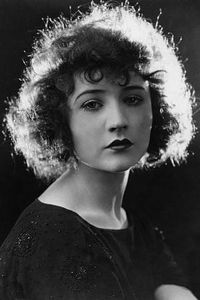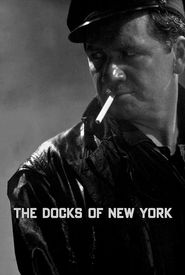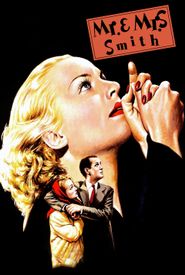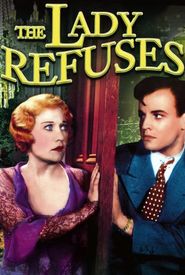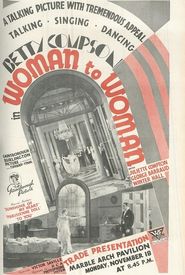Betty Compson, a blonde and blue-eyed mining engineer's daughter, began her show business career playing the violin in a Salt Lake City vaudeville establishment for a weekly salary of $15. She went on tour with her mother, performing as 'The Vagabond Violinist' and later joined the Alexander Pantages Theatre Circuit, where she was spotted by comedy producer Al Christie.
Christie changed her stage name from Eleanor to Betty and had her star in a series of one-reel and two-reel slapstick comedies, often paired with Roscoe 'Fatty' Arbuckle. At the age of 18, she appeared on the Pantages Theatre Circuit, where she was spotted by Christie.
In 1919, Betty was signed by writer-director George Loane Tucker to co-star opposite Lon Chaney in The Miracle Man. The film was a huge critical and financial success, establishing Betty Compson as a major star at Paramount.
One of the highest-paid performers of the silent screen, her weekly earnings exceeded $5000 at the peak of her career. She owned a fleet of luxury limousines and lived in an expensive mansion on Hollywood Boulevard. From 1921, she owned her own production company and went on to make several films in England between 1923 and 1924 for director Graham Cutts.
During the late 1920s, Betty appeared in a variety of dramatic and comedic roles. She received good reviews for her performances in The Docks of New York and The Barker, and was even nominated for an Academy Award for her portrayal of a carnival girl in The Barker.
She gave a touching performance in The Great Gabbo, directed by her then-husband James Cruze, as the assistant of a demented ventriloquist, with whom she was unhappily in love. That same year, she appeared in RKO's first sound film, Street Girl, and was briefly under contract to that studio.
The stature of her roles began to diminish from the mid-1930s, though she continued to act in character parts until 1948. Betty's personal fortunes also declined, primarily due to her marital contract to the alcoholic James Cruze, whom she had divorced in 1929.
Cruze had failed to pay his income tax for several years, and Betty, linked financially to him, was sued by the federal government for $150,000. This forced her to sell her Hollywood villa, her cars, and her antiques.
